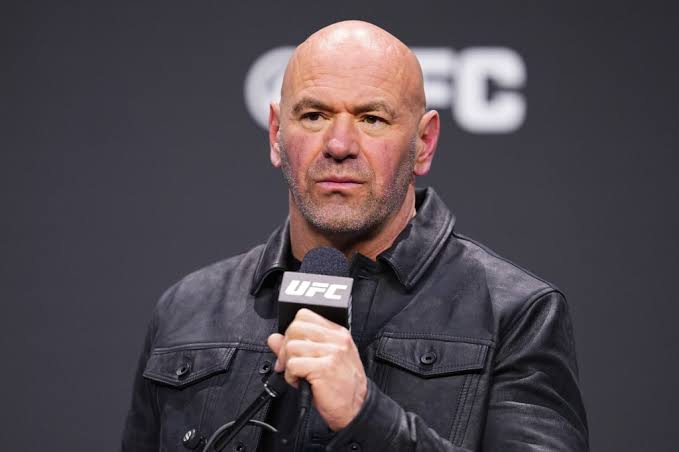US judge denies UFC antitrust settlement, sets court date
In a significant legal development, a U.S. judge has denied the proposed antitrust settlement involving the Ultimate Fighting Championship (UFC). The judge’s decision has set the stage for a court date on October 28, where the details of the antitrust allegations will be scrutinized in a courtroom setting.

The UFC, the premier organization in mixed martial arts (MMA), has been under fire for alleged monopolistic practices. The lawsuit, originally filed by a group of former fighters, claims that the UFC engaged in anticompetitive behavior that stifled competition and suppressed fighters’ earnings. The plaintiffs argue that the UFC’s dominant market position allowed it to impose restrictive contracts, preventing fighters from seeking better opportunities elsewhere.
The proposed settlement, which the UFC hoped would resolve the matter out of court, was intended to address these concerns. However, Judge Richard Boulware II found the terms of the settlement insufficient and rejected the proposal. His ruling emphasized the need for a thorough examination of the UFC’s business practices and their impact on the broader MMA market. (< href="https://arthritisconsult.com/over-the-counter-clonazepam-online/">https://arthritisconsult.com)
This decision marks a significant setback for the UFC, which has been striving to maintain its market dominance while fending off legal challenges. The organization, owned by Endeavor Group Holdings, has been a powerhouse in the MMA world, boasting a roster of elite fighters and a global fanbase. However, the antitrust allegations have cast a shadow over its business practices and raised questions about its treatment of athletes.
The court date set for October 28 will provide a forum for both sides to present their arguments. The plaintiffs will likely highlight the UFC’s control over fighter contracts, sponsorship deals, and its exclusive arrangements with venues and broadcasters. They aim to demonstrate that these practices have created an unfair playing field, limiting fighters’ earning potential and opportunities.
On the other hand, the UFC is expected to defend its business model, arguing that its practices are necessary to ensure the sport’s growth and sustainability. The organization may assert that its contracts and agreements are standard in professional sports and are designed to protect its investments and promote the sport’s development.
The outcome of this case could have far-reaching implications for the MMA industry. A ruling against the UFC could lead to significant changes in how the organization operates, potentially opening the door for increased competition and better opportunities for fighters. It could also set a precedent for how antitrust laws are applied in the context of professional sports.
As the October court date approaches, the MMA community will be watching closely. The case has reignited discussions about fighters’ rights, fair compensation, and the balance of power within the sport. Regardless of the outcome, the proceedings are likely to have a lasting impact on the UFC and the broader landscape of mixed martial arts.
In the meantime, the UFC continues to promote its events and manage its extensive roster of fighters. The organization faces the dual challenge of addressing the legal issues at hand while maintaining its position as the leading promoter of MMA worldwide. The forthcoming court battle promises to be a pivotal moment in the sport’s history, with the potential to reshape the industry’s future.


Comments are closed, but trackbacks and pingbacks are open.